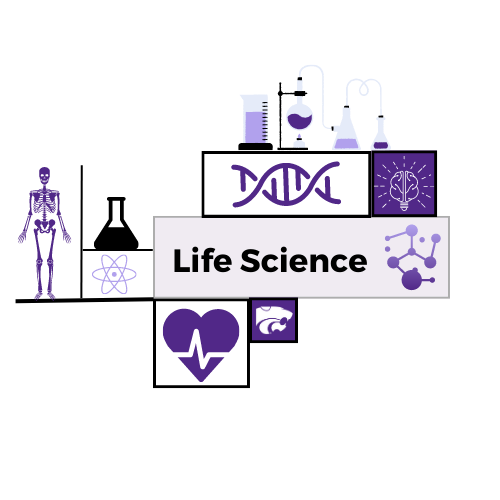Life Science
/images/integrated-health-studies/IHS%20masthead.jpg
Masthead with student working with microscope
Life Sciences Masthead

Life Science is an interdisciplinary major that explores living organisms and life processes. It is a flexible major combining biology, psychology, chemistry, and biological anthropology. It provides students a well-rounded approach to the science of people and associated career paths with its interdisciplinary approach. Life Sciences promotes critical thinking and problem-solving skills that can be applied to real-world issues. The flexibility and content within this major provide training and readiness for those interested in health, research, non-profit, and other people- and science-centered careers.
This major combines a series of fundamental courses key in the life science disciplines along with open major electives so that students have the flexibility to build an academically diverse educational experience across multiple disciplines in a way that highlights their interests and career goals.
Interdisciplinary majors in the College of Arts and Sciences offer opportunities to create individual fields of emphasis for students who wish to pursue multidisciplinary solutions to today's complex problems. This major serves those interested in a pre-health field particularly well as it requires many of the most common prerequisite courses for health professional schools. Close cooperation between students and advisors is strongly recommended to design programs to meet individual needs, interests, career goals and requirements of the major.
Life Science Programmatic Learning Outcomes
- Graduates will demonstrate foundational understanding of biological, psychological, anthropological, and chemical principles relevant to the life sciences.
- Graduates will demonstrate professionalism, self-direction, or research skills through an applied learning or research-based experience.
- Graduates will use analytical and lab skills to study living organisms and life processes.